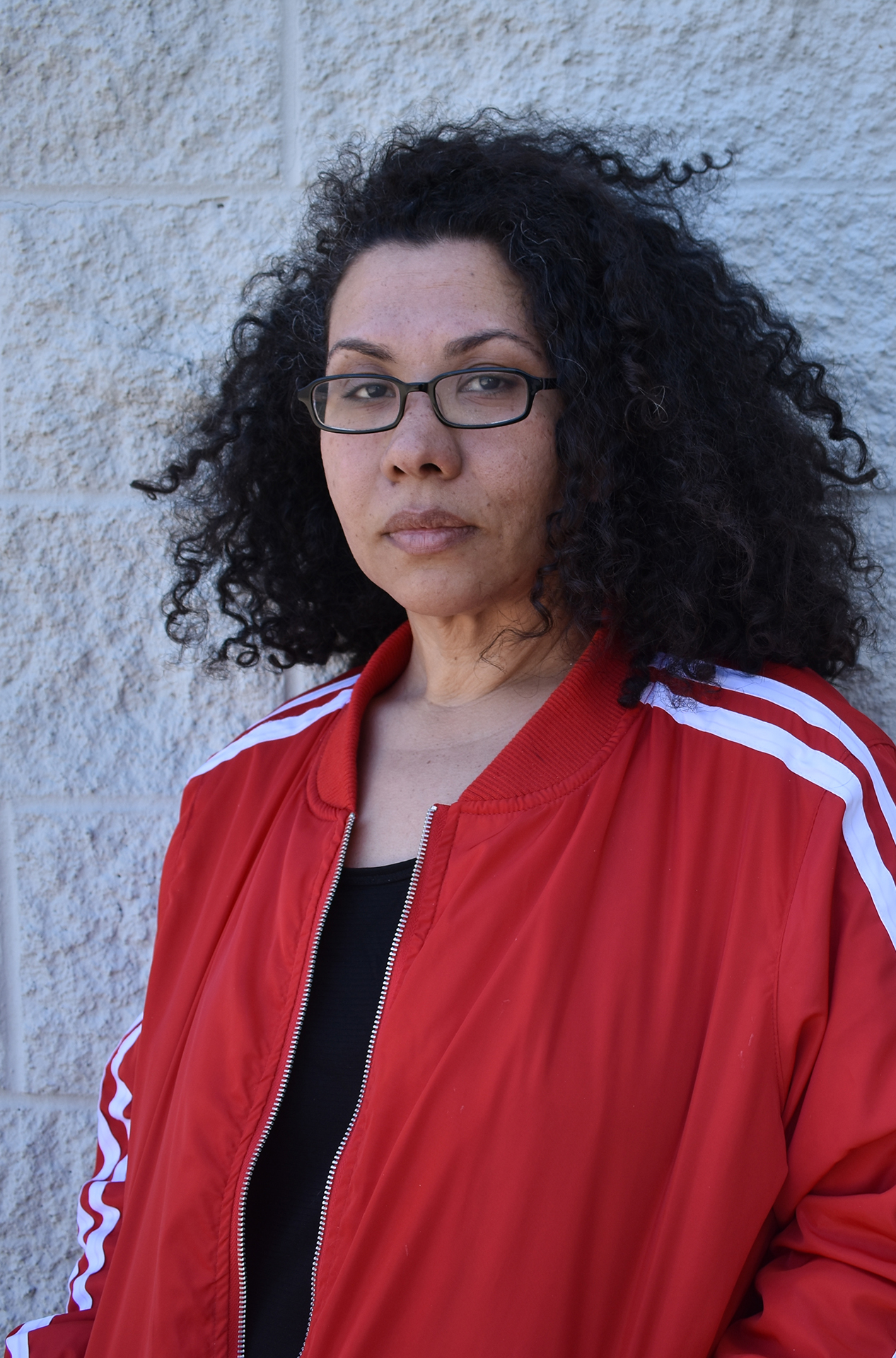
“If music be the food of love, play on”—and so begins Shakespeare’s Twelfth Night, a romantic comedy darkened by the melancholy of grief, separation, longing, loss, and unrequited love. Twelfth Night sings the blues. Blues music was my true point of entry into this world of overindulgence and make-believe. It was the voices of Bessie Smith, Ma Rainey, Billie Holiday, Sarah Vaughan, and Nina Simone that permeated the choices I made with Twelfth Night. Feste the Fool became the embodiment of this idea. Feste’s songs are filled with the forlorn as she questions “what is love,” reminds us that “youth’s a stuff will not endure,” and sings of being “slain by a fair cruel maid.” And yet the blues release us, too; we can give in to the ecstasy of exorcism and be made whole. It is how Viola-Cesario cracks open this world of self-deceivers; before order is restored, we must follow these characters on their journeys of misdirected yearning and be reminded that “nothing that is so, is so.”
Gender and identity are grossly malleable; I am intrigued by how the play raises these questions. With a gender-fluid protagonist whose self-effacement disrupts the status quo, how do we understand romantic love? Twelfth Night reveals how in serving our imperfect humors—“what I want” (liver), “what I need” (brain), or “what I feel” (heart)—we make the choice to mask our loneliness, or give ourselves over to it, or try like mad to strike a balance between the two. In this season of love, I hope Twelfth Night can teach us all something about reunification, expelling grief, and how the choice to love, in a world of so many misguided other choices, can shape, change, and bring a community together.
—Dawn Monique Williams